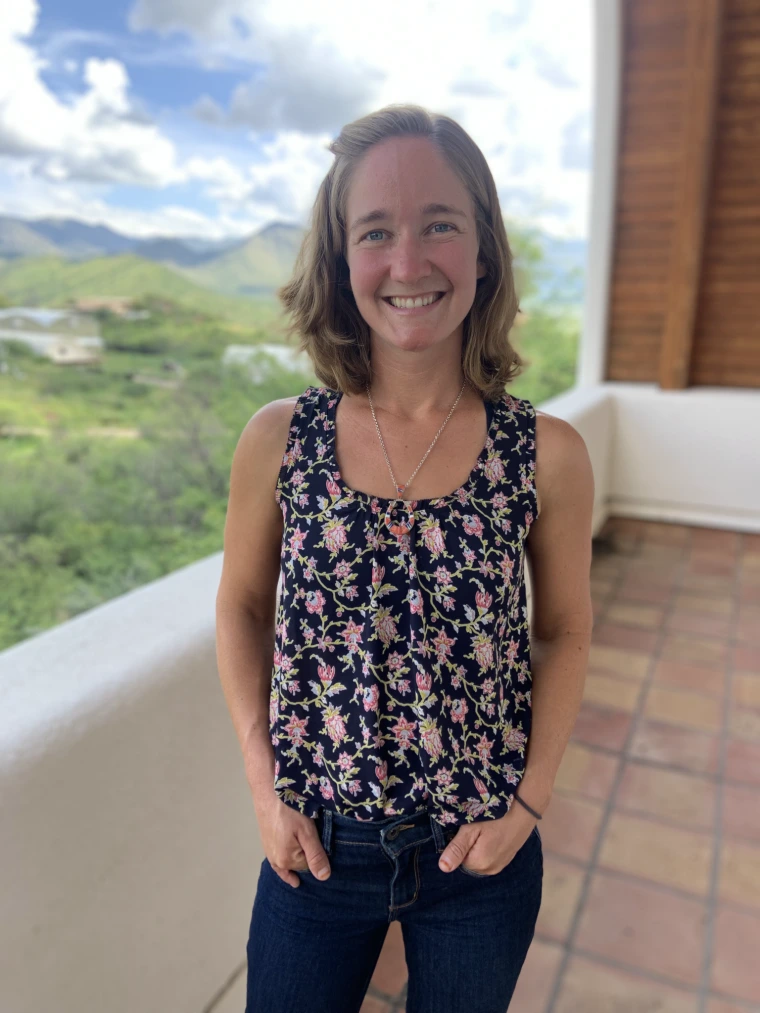Alison Elder

Research Areas
A PhD student and National Science Foundation Graduate Research Fellow in the School of Geography, Development & Environment, my current research examines partnerships and collaboration around water with a specific focus on urban rivers restoration in the United States.
Before joining the School of Geography, Development & Environment in 2017 as a Peace Corps Coverdell Fellow, I served as a Peace Corps Volunteer in southeastern Morocco from 2014-2016 working on health and fitness education and life skills for women and youth and collaborated with community members in starting a cultural exchange and volunteer abroad program for students in rural Morocco. From 2016-2017, I worked at the Hillary Clinton Center (HCC) for Women’s Empowerment at Al Akhawayn University in Ifrane, Morocco with the Women’s Engagement Network providing assistance with and exploring the difficulties rural women face in formalizing cooperatives. Additionally I helped organize and present at the HCC’s international symposium on youth, migration, and development. This experience in Morocco inspired my M.A. thesis topic examining the effects of irrigated agriculture through the Green Morocco Plan on water supply and economic opportunity in southeastern Morocco.
Additionally, from 2017 to 2020 I worked as a graduate research assistant working with Dr. Andrea K. Gerlak on a National Science Foundation-funded Coupled Human and Natural systems project examining green infrastructure and sustainable urban water solutions for Arizona cities, including issues of learning, policy change, and equity. As part of the project, we conducted a case study of Tucson, examining the genesis, adoption, and implementation of green infrastructure through stakeholder meetings and interviews with city and county officials and staff, utilities managers, neighborhood associations, NGO leaders, and activists. These experiences developed my interest in better understanding how different groups and individuals can work together to solve shared water challenges.

